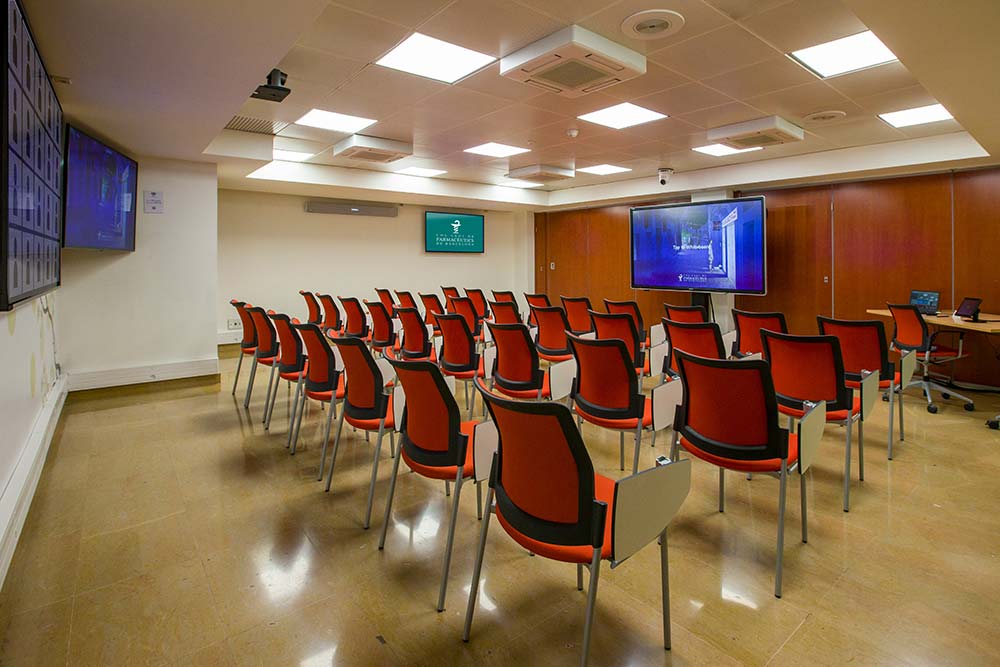Training
Training for attorneys, judges, and advocates. These sessions cover cutting-edge developments in domestic violence perpetration and victimization, and how to assess and challenge Guardian ad Litem testimony effectively.
When the outcome matters most, we bring clarity, credibility, and courtroom-ready insight.
We offer customized training sessions—one-on-one, in small groups, or for large audiences—delivered both in person and online.

New Developments in Understanding Intimate Parter and child abuse perpetration and Victimization: The Coercive Control Framework
Shift from Incident-Based to Pattern-Based Understanding
- Traditional models focused on isolated physical incidents.
- New approaches emphasize ongoing patterns of psychological, emotional, financial, and physical control.
Recognition of Non-Physical Abuse as Core Harm
- Emotional manipulation, isolation, intimidation, and surveillance are now central to understanding abuse.
- These tactics often precede or accompany physical violence but may exist on their own.
Understanding Victim Behavior Through a Trauma Lens
- Victims may appear "uncooperative," "erratic," or even "complicit" when, in fact, they are exhibiting trauma responses or survival strategies.
- These behaviors are now better understood through neuroscience and trauma-informed frameworks.
Perpetrator Profiling and Behavioral Patterns
- Abusers may present as calm, rational, or even victimized in court settings.
- Behavioral forensics helps distinguish manipulation from genuine behavior, particularly in high-conflict custody cases.
Legal Implications and Courtroom Relevance
- Growing recognition of coercive control in legislation and judicial decision-making.
- Attorneys and judges must understand how these patterns affect victim credibility, parenting capacity, and child safety.

Understanding and Challenging Guardian ad Litems in Family Court
Guardian ad Litems (GALs) can play a critical role in family court cases—especially those involving allegations of domestic violence, abuse, or coercive control. However, their impact is only as strong as their training and investigative approach.
Many GALs are appointed without adequate training in key areas such as:
- Domestic violence dynamics and trauma-informed interviewing
- Behavioral analysis of victims and perpetrators
- Neutral and structured investigation techniques
- Recognizing their own implicit bias
- Child welfare and the long-term effects of coercive control
As a result, GAL reports can sometimes be incomplete, biased, or based on flawed assumptions—putting children and protective parents at risk.
At Behavioral Forensics LLC, we offer specialized training for attorneys, advocates, and court professionals on how to:
- Evaluate GAL reports critically
- Identify investigative gaps and missteps
- Recognize bias or lack of objectivity
- Effectively challenge or impeach unreliable GAL testimony
- Use GALs strategically and constructively when properly trained and supported
Our goal is to restore balance to the process—helping you understand when a GAL can help your case and when their findings must be carefully scrutinized.
With the right knowledge, attorneys can turn GAL involvement into a tool for protection, not a source of harm.
